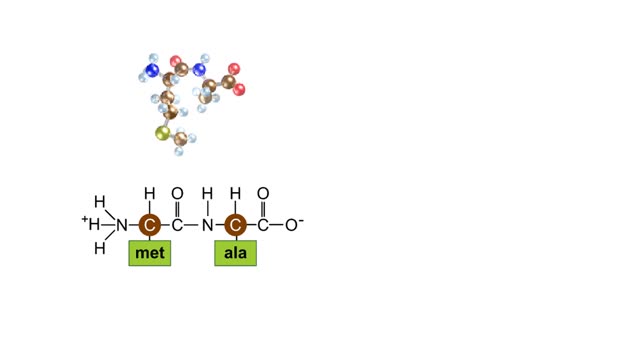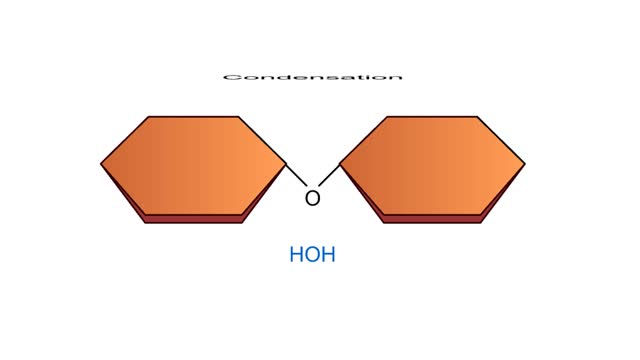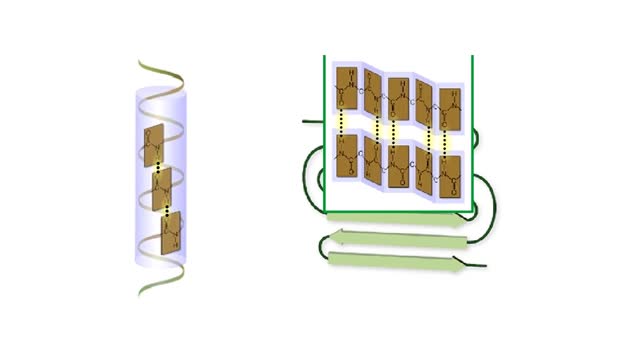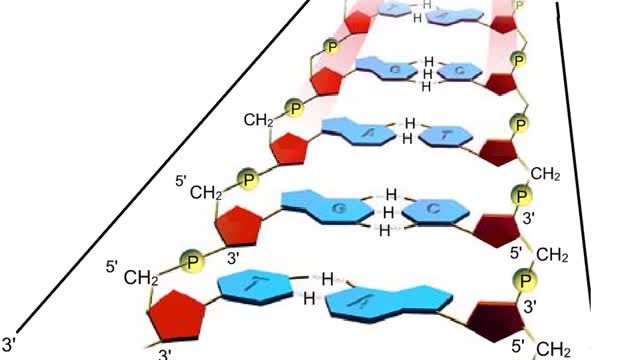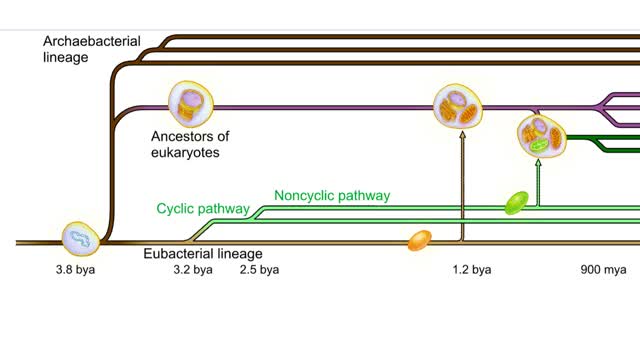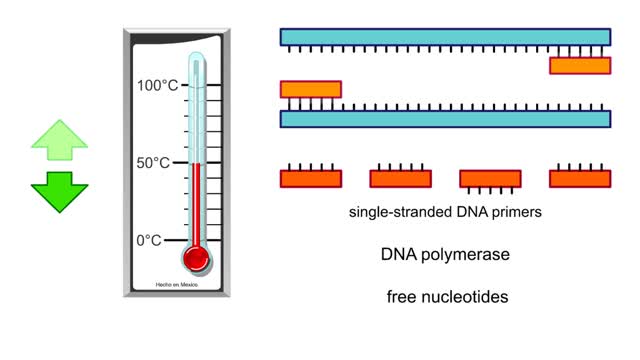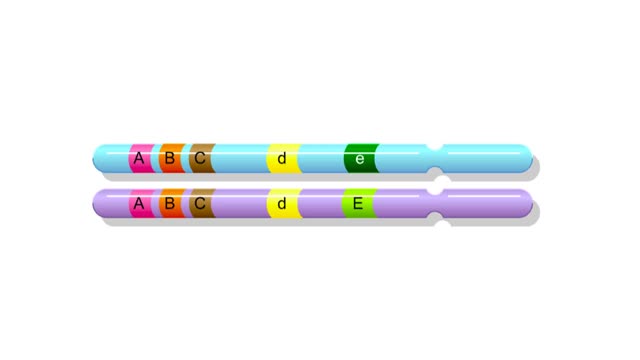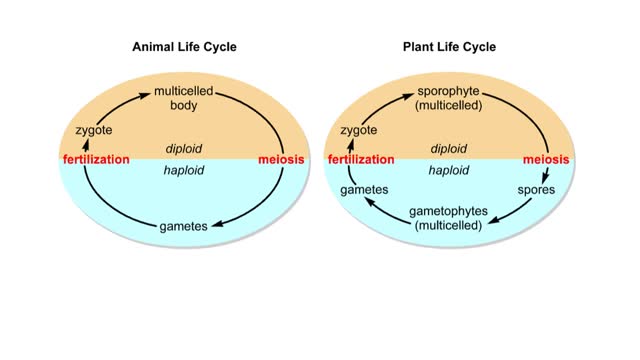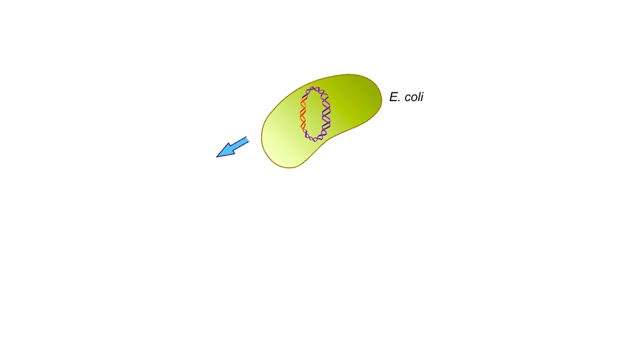Search Results
Results for: ''
Peptide Bond Formation Animation
By: HWC, Views: 5547
During protein synthesis, peptide bonds link amino acids together in the order specified by DNA instructions. In this case, the first two amino acids in the protein are methionine and alanine. Here are ball-and-stick models of these amino acids. Peptide bond formation is a type of condensatio...
Condensation and Hydrolysis Animation
By: HWC, Views: 5512
A condensation reaction joins two molecules together to form one larger molecule. An enzyme removes a hydroxyl group from one molecule and a hydrogen atom from another, then speeds the formation of a bond between the two molecules at their exposed sites. Typically the discarded atoms join t...
Secondary and tertiary levels of protein structure Animation
By: HWC, Views: 5632
Amino acid sequence dictates a protein's final shape. The presence of certain amino acids favors a pattern of hydrogen bonding that causes part of the polypeptide chain to coil and twist into an alpha helix. The presence of other amino acids enables hydrogen bonding between strand like re...
By: HWC, Views: 5634
A section from a DNA double helix The backbone of each DNA strand consists of alternating deoxyribose sugars and phosphate groups. The two strands run in opposite directions. One runs from the 5' to 3' direction, the other in the 3' to 5' direction. Think of the deoxyribose units o...
Evolutionary tree of life Animation
By: HWC, Views: 5478
An evolutionary tree of life that reflects mainstream thinking about the connections among major lineages (bya = billions of years ago, mya = millions of years ago). By about 3.8 billion years ago, chemical and molecular evolution had produced the first living cells. The first major divergenc...
Polymerase chain reaction PCR - Animation
By: HWC, Views: 5643
Polymerase chain reaction (PCR) is a method that amplifies fragments of DNA. The purpose of PCR is to create copies of a specific region of DNA. To use this technique, researchers must know the base sequences at either end of the region of interest. They use this information to create...
By: HWC, Views: 6332
Diploid organisms have pairs of genes, on pairs of homologous chromosomes. Each gene has a specific location on the chromosome. We call this the gene's locus. In this species, the locus for gene B is always between the loci for genes A and C. Most genes come in two or more slightly differen...
Generalized life cycles for plants and animals Animation
By: HWC, Views: 6021
But the life cycles of plants and animals differ in their details. In animals, a multicelled diploid stage gives rise to single-celled haploid gametes, the eggs and sperm. These gametes combine at fertilization to form a diploid zygote, which grows and develops into a new multicelled animal...
Origin of organelles Animation
By: HWC, Views: 5398
Possible origins of the nucleus and other organelles. Some prokaryotic cells have infoldings of their plasma membrane. These infoldings may have served as channels from the cytoplasm to the cell surface. These membranous folds may have evolved into the endoplasmic reticulum and the nuclear e...
Advertisement



